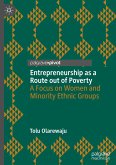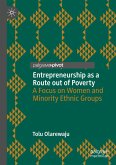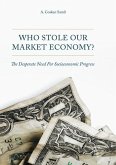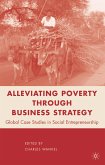Poverty and inequality cast long shadows. "Unlocking Potential: The Role of Microfinance in Alleviating Poverty and Inequality" explores microfinance, a financial tool that empowers individuals to break free from these cycles.Imagine communities where small loans unlock a world of possibilities. Microfinance offers a glimmer of hope:Breaking Barriers: Microloans provide crucial capital to those excluded from traditional banking systems, fueling small businesses and income generation.Empowerment and Agency: By becoming self-employed, individuals take control of their economic destinies, fostering self-sufficiency and dignity.Ripple Effect: Microfinance institutions often prioritize women borrowers, potentially leading to positive social change within communities.However, challenges remain:Debt Trap Potential: High interest rates and short repayment periods can trap borrowers in a cycle of debt, negating the benefits.Sustainability Concerns: Focus on short-term loans may not address long-term financial needs or promote sustainable business development.Limited Reach: Microfinance may not be a universal solution, and broader structural reforms are needed for widespread poverty reduction.Despite these limitations, microfinance offers valuable insights:Responsible Practices Matter: Sustainable interest rates, client protection measures, and business skills training are crucial for effective empowerment.A Piece of the Puzzle: Microfinance should be part of a comprehensive strategy that includes access to markets, education, and infrastructure development.Beyond Numbers: The human narrative - stories of resilience and setbacks - is key to refining microfinance practices.Microfinance has the potential to be a powerful tool in the fight against poverty and inequality. By acknowledging challenges, fostering responsible models, and learning from experiences, microfinance can play a crucial role in unlocking the potential of individuals and communities around the world
Bitte wählen Sie Ihr Anliegen aus.
Rechnungen
Retourenschein anfordern
Bestellstatus
Storno









